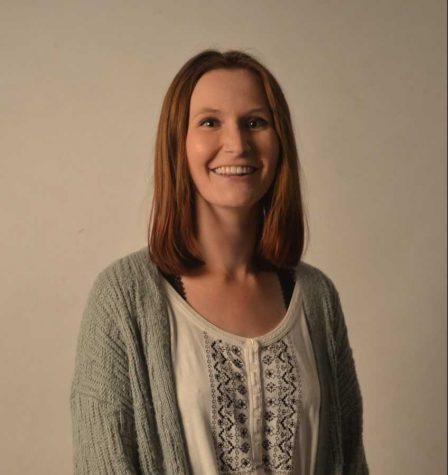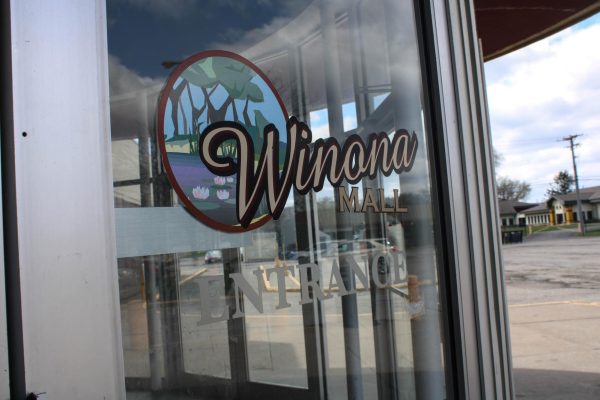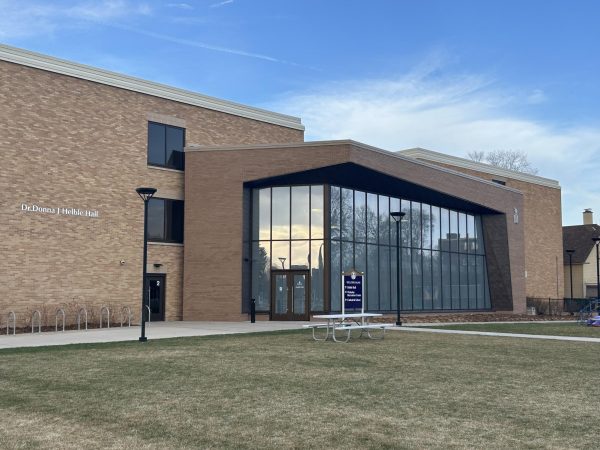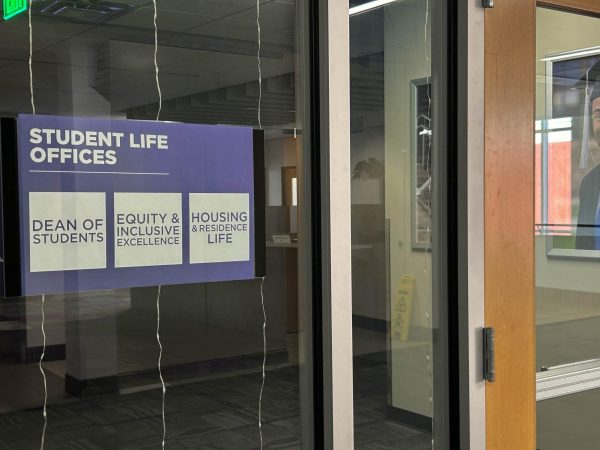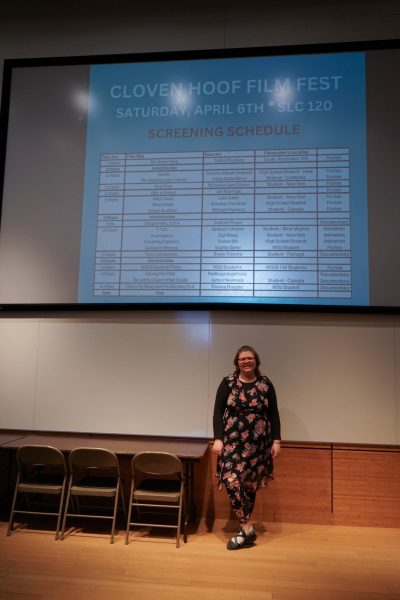Winona State students learn suicide prevention techniques

October 25, 2017
Winona State University recently held a Campus Connect Gatekeeper Training, which enables students and staff of the University to learn skills on suicide prevention.
The training also hosted members of the Winona community to learn these skills.
Kate Noelke, director of integrated wellness, elaborated on the recent training session.
“On the surface, it is a suicide prevention gatekeeper training, which gives you essential skills on how to intervene in a potential crisis situation,” Noelke said.
The training is based off the Public Health Model, which analyzes the health or social issues of a certain population of people.
“The Public Health Model engages prevention in the environment that you live in and the protocols and policies of the places that you live, work, play and learn,” Noelke explained.
At the most recent gatekeeper training, 29 different people from across the Winona State campus attended, including students, faculty and staff members.
“A few community members came in as well,” said Noelke. “In a community this size effective prevention programs cannot just live on campus.”
Noelke also emphasized her excitement on the impact the training has for Winona State and the Winona community.
“The beauty of this is that we can train people from all over and then put them back on campus,” Noelke said. “Then they can take what they learned and pay it forward.”
Noelke hopes that these recent trainees will inspire others to attend future gatekeeper trainings.
“If you can visualize these different people in
their different roles at Winona State, they can now give other people these essential skills of response and engage in conversation about prevention and how we can build a resilient community,” Noelke said.
Kate Hansen, the wellness coordinator, also talked about the training session.
“Basically, it was a ‘Train the Trainer’ session,” Hansen said. “It’s a ‘gatekeeper’ training in a sense that we’re going to train a network of people on campus to do these other trainings to reach individual students, community members, faculty and staff.”
Hansen also emphasized the diversity of people who attended the training.
“The diversity of the people that were sitting in the room is what was really important,” Hansen said. “Thinking about Winona State, we want to reach that natural stratification in all the different types of populations we have on campus.”
She hopes that the diversity of the trainers will reach a broader group outside of the training, so that students, faculty and staff and community members feel comfortable seeking help.
“At the training, we learned the theory, the reasoning and some of the research behind why we ask people to become suicide-prevention trained,” Hansen said. “It’s important to know the broader picture of what’s going on so we can help connect individuals to resources.”






















































